Today, I’m so excited to share a short collection of Japanese literature (and associated films) that are very close to my heart. These are to be devoured slowly, with a kind intention and full presence.
The ideal situation: laying on the floor beside a tea tray and a scattering of lit beeswax candles, curled up under a blanket beside an open window with the rain pouring outside, or on a long and scenic train ride with a cup of hot, black coffee and a view of rice fields and mountains whizzing by.
When I read these books, a part of me fantasises about going back to university to pick up where I left off and study Japanese literature. To me, these books (and films) are like meditation. They are slow. They are subtle. They leave so much unsaid. They are the antidote to the current media landscape. They remind me how much I love to write. How much I love the everyday. The seasons. Family. Love. How the only true success can be found in this moment, and the importance of being present to the sweetness that surrounds us, no matter how insane the world is.
These books are like precious friends to me. I hope they’ll awaken, or soften something within you.
The Makioka Sisters - Jun'ichirō Tanizaki
A beautiful novel for reading slowly over a season, made for appreciating every small detail. Following a wealthy family from Osaka between autumn of 1936 to spring 1941, the main theme is finding a husband for the third sister, family dynamics set against a backdrop of seasonal rituals, impending war and a well-known family slowly losing their wealth.
Read for: gorgeous imagery of everyday life during this time in Japan, relationships and dating, seasonal, beauty and fashion rituals, descriptions of Tokyo pre WW2.
Film? Yes! It’s a great film, but still pale in comparison to the book. I recommend reading it first.
Everyday A Good Day - Noriko Morishita
To me, this is a deeply spiritual book. It covers the life of a woman in Tokyo who starts learning the art of tea as a hobby, mostly because she doesn’t know what else to do. She has no passions, no career aspirations (beyond writing, unheard of at the time). She is not a natural. She struggles. She isn’t even sure if she likes it. But she continues for twenty years and shares all she learns along the way.
Read for: insight into the art of tea ceremony, lessons on patience, presence and taking a different, non-expected path. Beautiful seasonal descriptions and quiet moments between characters. A medicinal read, full of lessons and important take aways.
Film? Yes! The film adaptation does a really beautiful job of capturing the book and it’s poetic chapters and imagery. Featuring one of my favourite actresses, Kirin Kiki, who is an absolute delight in everything she does.
Thousand Cranes - Yasunari Kawabata
I stumbled across this recently while doing some research for our next retreat in Kamakura. The very first page opens as the above. It caught my breath, as part of this retreat includes sitting for zen meditation at this exact temple (!!). Thousand Cranes is a novel set in Kamakura, following the path of people in the world of tea - but in a very different way to Every Day A Good Day. It’s a short read, but one best to take slow. Thousand Cranes reads like a work of art. It is subtle, dreamlike and deeply visceral.
Read for: Lust, death, shame, tea ware and rituals. It is at times dark, but at the same time deeply sensual and ripe with beauty.
Film? Yes! But I haven’t yet watched it yet.
Kokoro - Natsume Soseki
This is one of the most famous works of Japanese literature, set at a fragile turning point between eras, as modernisation enters everyday Japan. Also opening in Kamakura (a literary hotspot, another reason why we love to retreat there!) Kokoro is short book, with a slow pace. It’s melancholic and poetic without being flowery, focused on the relationship between the protagonist and a character called sensei.
Read for: an introduction to Japanese literature, meditations on loneliness, powerful poetic writing and deep character study.
Film? Yes! There are two films (I’ve watched neither) the first was Ichikawa Kon in 1955, Shindō Kaneto in 1973.
Sweet Bean Paste - Durian Sukegawa
A heartbreaking but beautiful story of a man who owns a traditional Japanese sweet shop, which is struggling to find customers until an old woman (who he later discovers has leprosy) helps him change his recipe for red bean paste.
Read for: Heartbreaking beauty. Impermanence. Belonging and rejection. The importance of life outside of career or accolades. A good cry.
Film? Yes! The film called Sweet Bean is stunning and devastating. A must watch. My favourite Kirin Kiki is back playing the lead role.
There is plenty more I could add to this list, but I’ll leave it there for now.
Please let me know if you read or watch any of the above. If you are planning a trip to Japan soon (or mourning one you have just been on) I highly recommend spending time with these books.
Of course, if you’re craving a quiet, local and meditative Japan experience, I would love to have you join us on a tdr tokyo retreat. The beauty and slow pace of these books and films I’ve spent time with over the years deeply inspire the retreats I create here in Japan. Reading and re-reading them reminds me despite all the difficulties, my life is a dream come true.
If you love poetic writing, and creative living, you’re also welcome to join us for A Poetic Life. We have already begun (and it’s so beautiful) but the sliding door is still open, for now.
Have a gorgeous weekend.
With love,
Emmie

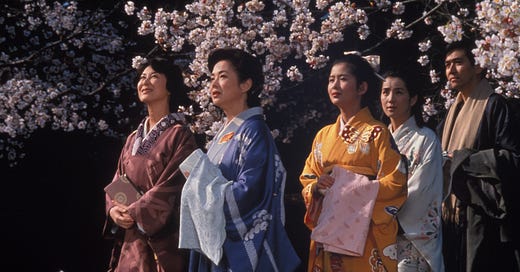



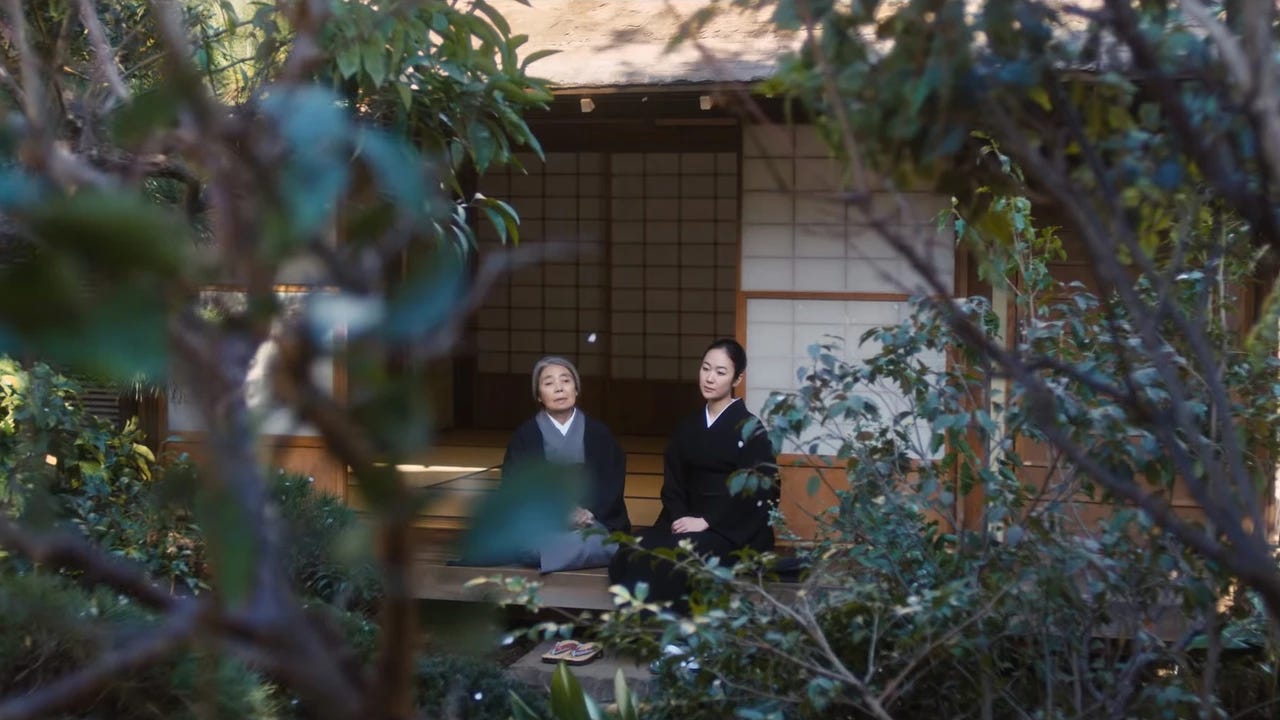
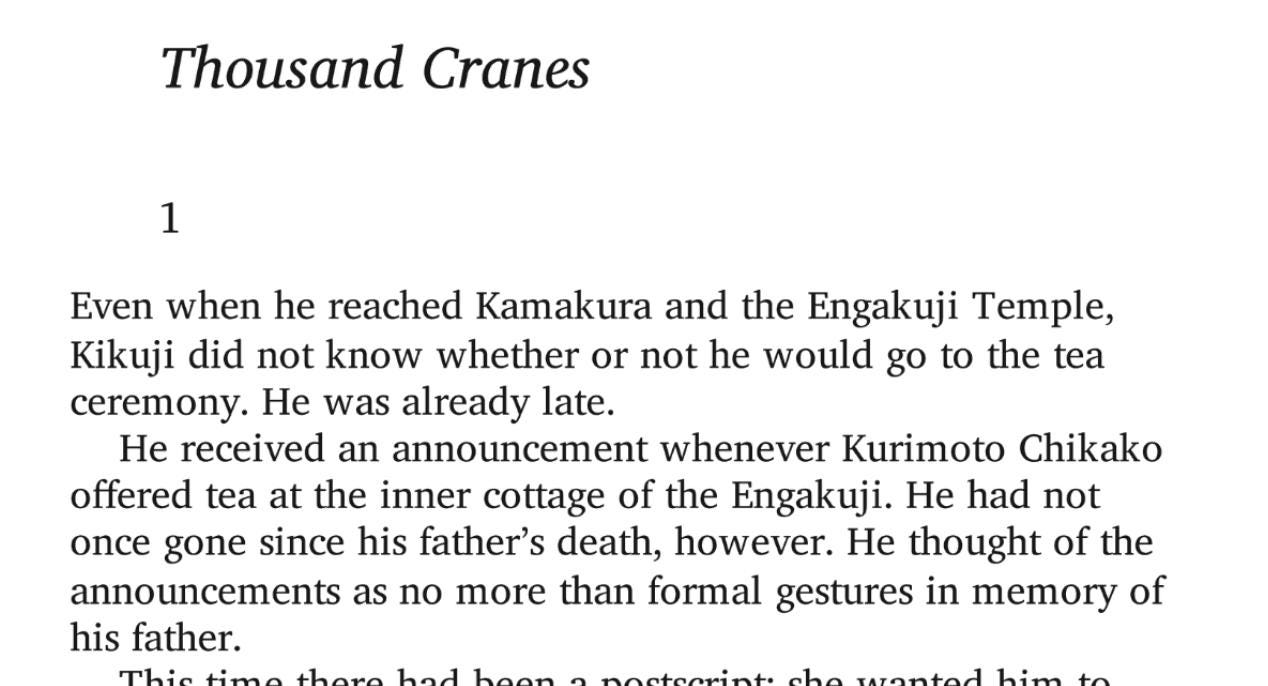
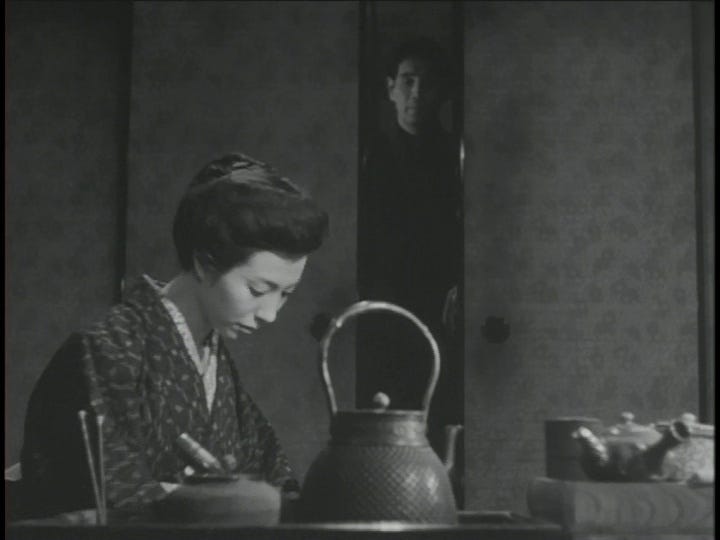
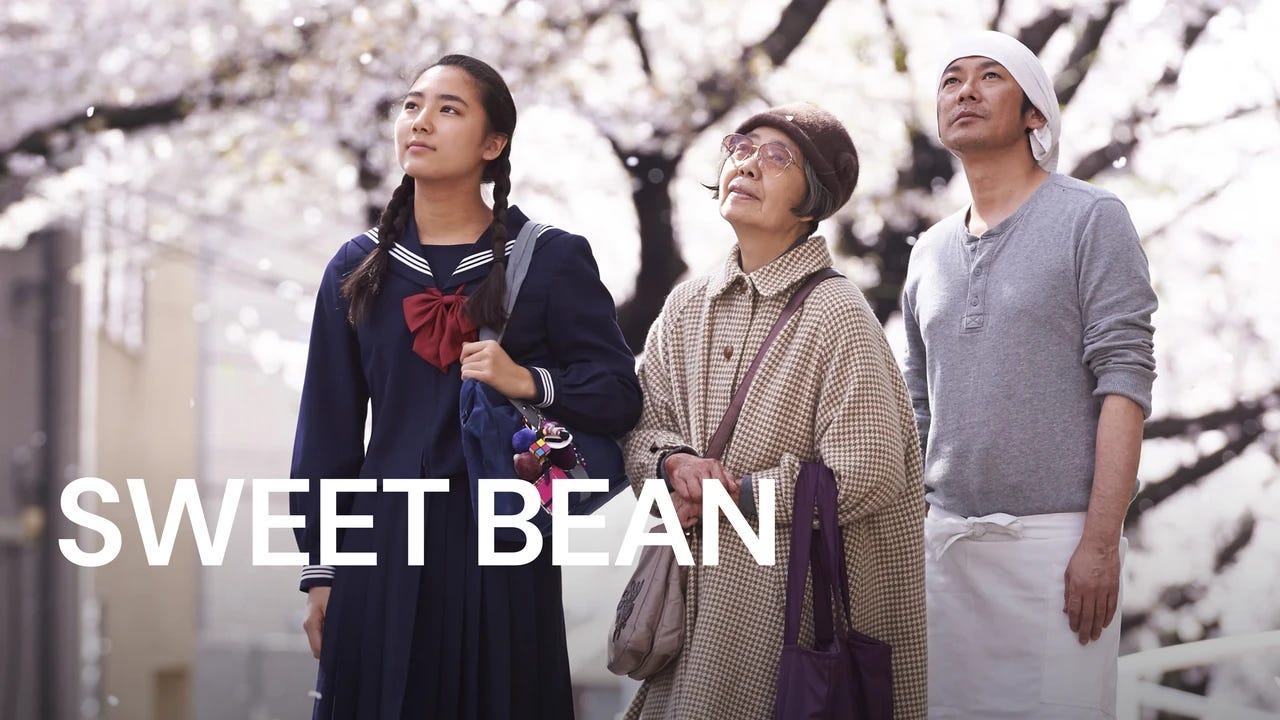

coolest news letters , divine timing ❤️❤️
Thank you Emmie for this beautiful recommendations. As for me I read and loved "Everyday a good day", "Thousand cranes" and "Sweet bean paste". I love the "ideal situation" in your text : it's like a poem. Thank you for the dedication you put in your writing, each article or post feels like a gift for me 🙏🩷.